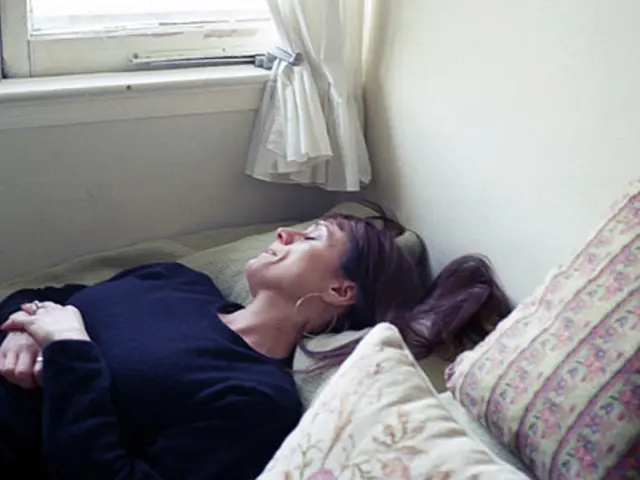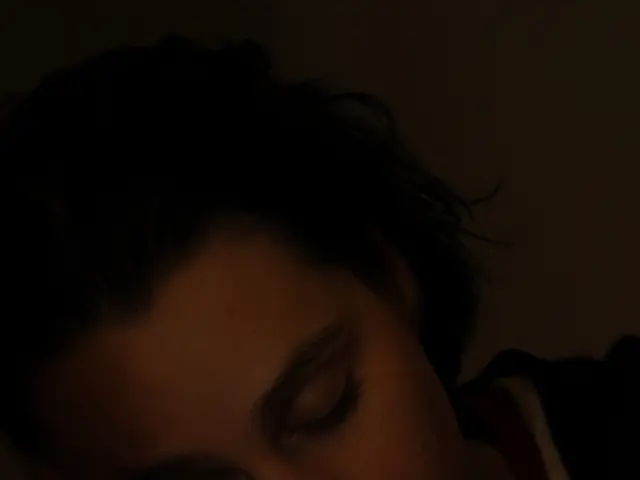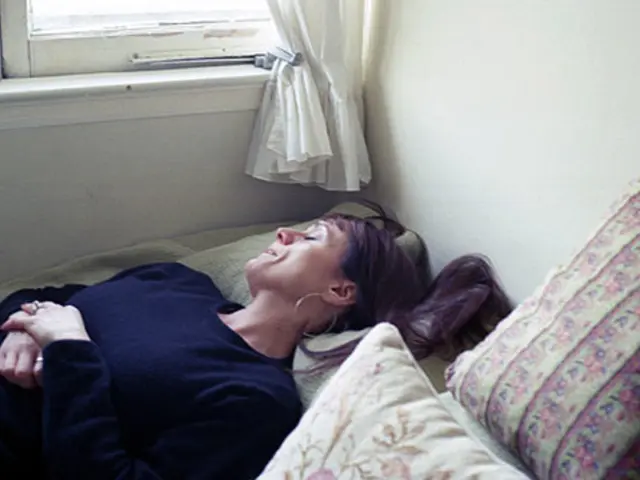Bedwetting in Children: Causes, Management, and When to Seek Help
Bedwetting, or nocturnal enuresis, is a common issue among children, particularly those aged 5 to 10. While it's usually nothing to worry about, it can sometimes indicate a more serious underlying problem. Boys are twice as likely to be affected as girls.
If your child is older than 7 and still wetting the bed, it's a good idea to consult your pediatrician. They can help rule out potential issues like sleep apnea, urinary tract infections, or diabetes. In most cases, bedwetting is simply a sign of an immature bladder and resolves on its own.
Doctors suggest several strategies to manage bedwetting. These include shifting fluid intake times, scheduling regular bathroom breaks, being encouraging and positive, eliminating bladder irritants like caffeine, avoiding overhydration, addressing constipation, and improving sleep hygiene. Medications are available but are typically used as a last resort due to potential side effects.
Other possible causes for bedwetting include hormone imbalances, constipation, stress, anxiety, ADHD, and a family history of childhood bedwetting. It's important to remember that bedwetting is usually not the child's fault.
Bedwetting is a common issue that affects many children, particularly those aged 5 to 10. While it's usually nothing to worry about, it's important to be aware of the potential underlying causes and to consult a pediatrician if your child is older than 7 and still wetting the bed. With the right strategies and support, bedwetting can often be managed effectively.
Read also:
- Is it advisable to utilize your personal health insurance in a publicly-funded medical facility?
- Harmful Medical Remedies: A Misguided Approach to Healing
- Can the flu vaccine prevent stomach issues mistaken for the flu? Facts about flu shots revealed.
- Struggling Health Care Systems in Delaware Grapple with the Surge of an Aging Demographic







